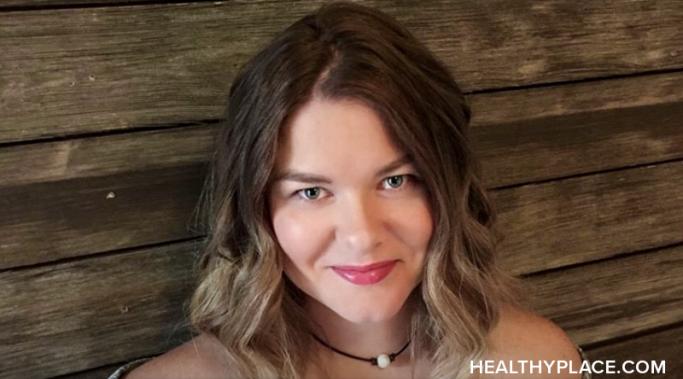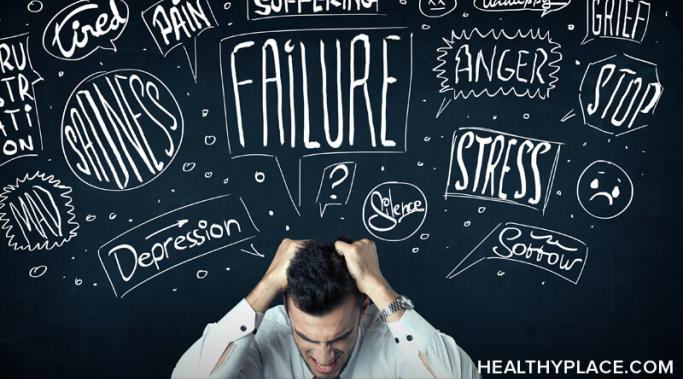Blogs
We live in a culture with a profoundly unhealthy attitude towards work. Every day, we are fed a message that our worth is directly tied to our productivity and that making room in our lives for rest, play, or tending to our basic needs as humans is frivolous, even selfish. The go-go-go attitude and desire for endless productivity in our workplaces is stressful for even the most neurotypical person, but when you live (and work) with bipolar disorder, the game has even higher stakes.
Building self-esteem is hard work. When your self-esteem is low, it can be difficult to act on plans that are specifically for your benefit. It may be hard because you don't believe you're worth prioritizing the effort or that you don't deserve the result you're aiming for.
Psychiatric medication is a tricky topic in the world of mental health for a lot of reasons. These drugs have a dark history of being used for the convenience of doctors rather than the wellbeing of patients, the pharmaceutical industry makes a huge profit off of them, and they come with a lot of very negative mental health stigma.
I’m Kelli Anderson and I’m thrilled to join HealthyPlace as the author of the "Living a Blissful Life" blog. As a mindset and career coach, I’ve learned a few tricks about how to live a life full of joy. You may be surprised to find I don’t focus too much on life’s big milestones, but rather, I focus on those small moments that can be deeply impactful.
Mental illness in the media can cause widespread public discussion. If you have real-life experience of mental illness, others may try to engage you in a conversation about media coverage, not realizing your story. I often find myself becoming upset by comments made by others on mental illness in the media because of my brother's chronic anxiety and depression.
Have you ever noticed that movement, whether through running, walking, or yoga, reduces your anxiety? Exercise is known to improve our health, but I've benefitted immensely, particularly from yoga in times of stress. For me, yoga is the perfect synthesis of meditation and exercise.
Have you ever been so disappointed or crushed by something or someone that you thought you couldn't go on any longer? Perhaps it was a poor grade, job loss, breakup, or rejection. In any case, your mind might get tangled in a web of negative emotions. Read on to learn about how to cope after disappointment or heartbreak.
Do you procrastinate? If so, how's your anxiety? Many people are surprised to learn that procrastination and anxiety are often closely linked. Procrastination can be a defense mechanism to gain temporary relief from anxiety as you avoid anxiety-provoking tasks. Unfortunately, procrastinating can ultimately increase anxiety because of the added pressure and stress it adds to your already busy life. When you know more about what links these two cruel partners, you can recognize them as they occur and then take measures to stop procrastinating and reduce anxiety.
I know it's okay to take a mental health day during a pandemic because yesterday afternoon, I unraveled. I couldn't move, I couldn't eat, all I could do was crawl in bed and breathe. And that's how I spent the rest of the day.
After being diagnosed with attention-deficit/hyperactivity disorder (ADHD), I went through several stages before coming to full acceptance of the disorder. I don't know what it is about life after an official diagnosis, but I experienced everything from liberating aha moments to depression and despair.
Everyone processes their emotions differently post-diagnosis—so I thought it would be helpful to share my timeline for those who've been recently diagnosed and/or struggling.
The stages are listed in the order they were experienced.









